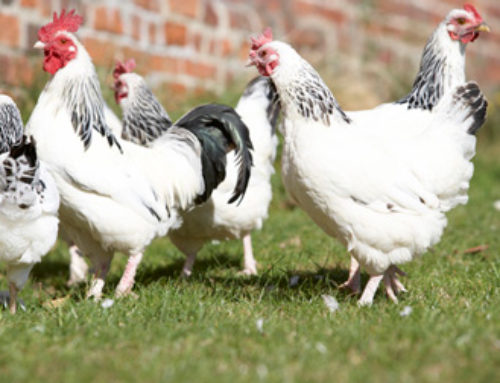 By Fran Korten, Yes Magazine, 20 Sept 2011
By Fran Korten, Yes Magazine, 20 Sept 2011
In spite of the daily discouraging environmental, political, and economic news, coaxing living things to grow somehow seems to make folks optimistic.
Recently during lunch at the YES! offices, online editor Brooke Jarvis made a casual comment I found quite stunning. Brooke, a sharp, talented 20-something, said "I don't know a single person under 30 who doesn't want to own a farm."
What? Own a farm? I turned to several 20-somethings at the table and asked if they agreed. They did. They waxed eloquent about their love for lambs, ducks, chickens, bees. (No one mentioned weeding.) They confessed they weren't sure they would ever actually own a farm, but their yearning was definitely real.
What the people at the fair shared in common was not their politics, but their optimism.
I think that just five years ago the 20-somethings in our office were not longing to own a farm. Something in our culture is changing. A growing segment of people don't want to just buy organic, healthy food. They want to grow it. This new lust to farm seems to cross class, race, and politics.
For example, Robert Jeffrey Jr., an African American pastor in Seattle, started Clean Greens Farm to bring produce to the inner city, where fresh food is hard to find. He's gotten a tremendous response from young people of all races ready to get their hands in the dirt.
Another sign comes from the just-launched "Mother Earth News Fairs" inspired by interest in the "how to" of growing your own. At the recent fair near Seattle, a crowd of more than 10,000 attended workshops on everything from canning to beekeeping to building the perfect chicken coop. Organizer Bryan Welch told YES! Magazine's Susan Gleason that what the people at the fair shared in common was not their politics, but their optimism. In spite of the daily discouraging environmental, political, and economic news, coaxing living things to grow somehow seems to make folks optimistic.
City codes are catching up. You can now keep bees in New York City, goats in Seattle, and chickens in Los Angeles. And, according to the U.S. Department of Agriculture, the number of very small farms (under 50 acres) has been steadily increasing.
So what's going on? I think we're seeing the convergence of three major cultural trends:
A response to uncertain times ahead. Awareness is increasing that climate change is affecting crop yields and that the global economy can't be relied on to supply safe food. In the face of such uncertainty, there's an almost instinctual desire to secure one's food supply. A good place to start is growing your own.
A rebellion against agribusiness. A lot of Americans of all political stripes are appalled at what mega-corporations are doing to our food supply. Whether their revulsion is driven by compassion for animals and/or farmworkers, concern for their families' health, worry about destruction of the environment, or resentment of concentrated wealth and power, the practices of agribusiness are driving people to look for alternatives that are humane, healthy, and community-friendly.
An enhanced appreciation of good food. Relishing delicious food has become part of mainstream culture, which brings an appreciation of really fresh food. After all, what is more delicious than a ripe tomato or an ear of corn just picked from the garden?
Owning a farm may not be everyone's dream, but my hunch is that the trends driving the urge to grow one's own will only intensify. So here's to the under-30s (and a lot of over-30s too) who are leading the way to a healthier, happier food system.





Leave A Comment
You must be logged in to post a comment.